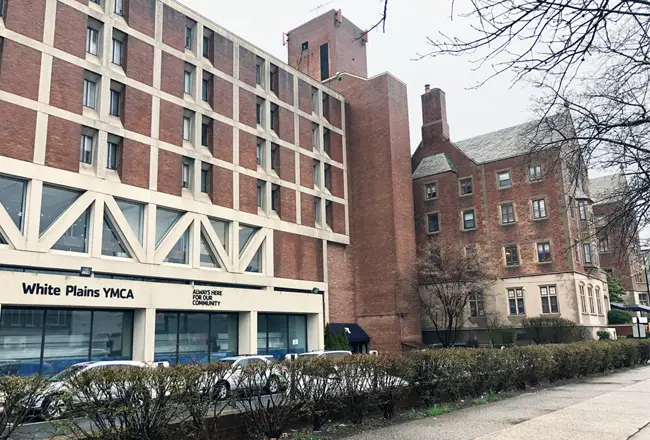
The Connecticut State Colleges & Universities”™ controversial plan to consolidate its 12 community colleges into one system has been resoundingly rejected by accrediting agency the New England Association of Schools and Colleges ”“ leaving open the possibility that one or more Connecticut campuses could be closed.
In rejecting the “Students First” plan proposed by CSCU President Mark Ojakian, David Angel, chair of the NEASC”™s Commission on Institutions of Higher Education, wrote that the plan wasn”™t “just a substantive change” but would create an entirely new college system that would require a thorough vetting process.
The NEASC also said the plan’s call for eliminating some 200 administrative positions and combining curricula for over 200 degree programs at the 12 community colleges was too tall an order to accomplish by the CSCU”™s proposed 2019.
“Because of the magnitude of the proposed changes, the proposed timeline, and the limited investment in supporting the changes, the Commission is concerned that the potential for a disorderly environment is too high to approve the proposed Community College of Connecticut as a candidate for accreditation based on this proposal,” Angel wrote.
The NEASC allowed that the CSCU could resubmit a proposal, but Ojakian said that could take up to five years. “The problems that our institutions and students face cannot wait five years,” he wrote to CSCU staff. “In five years, our institutions will be financially insolvent.”
Ojakian came up with “Students First” as a means of saving money; he estimated that consolidating the system would save nearly $28 million a year in administrative costs. Even if the plan had been approved, however, Ojakian maintained that the system would still face a $13.2 million deficit in the next fiscal year. The following two fiscal years would have been profitable if enrollment was strong, he projected.
“Students First was created to avert a major crisis for our institutions and our students,” Ojakian and Matt Fleury, chairman of the CSCU Board of Regents ”“ which approved the plan 12-0 last December ”“ wrote to CSCU staff. “Today, NEASC has issued a response to our Students First consolidation plan. It is not the decision that is best for our students, nor is it the decision for which we had hoped.
“This decision by NEASC is devastating to our ability to hold the line on tuition and keep all campuses open,” the letter continued. “In the face of an ongoing fiscal emergency, it forces us to consider options that we have strongly fought against because it will harm the 50,000 students who rely on their campuses and their campus communities.
“In the coming days we will review all of our options including legislative and accrediting options, a review of tuition rates, and the closing of one or more of our campuses,” the letter concluded.
Ojakian did not respond to Business Journal requests for further comment. But he has brought up the possibility of closing some campuses before ”“ something that State Sen. Beth Bye (D-West Hartford) said was now a real possibility.
Calling the NEASC decision “extremely shortsighted and harmful,” Bye said the move “has put the Board of Regents and our community college students in an untenable position: completely close several college campuses, raise tuition rates substantially, demand tens of millions of dollars more every year from state government, or some combination of all of the above.
“For those who opposed the Board of Regents”™ Students First proposal, this NEASC rejection may come as good news,” Bye continued, “but I would remind my colleagues that we still expect the Board of Regents to achieve a huge cost savings in its operating budget, and its options for doing so in a timely manner have been severely curtailed. The Board of Regents system is already suffering due to the legislature”™s cuts — $61Â million, or 17 percent less, since 2015.”
Norwalk Community College and Housatonic Community College in Bridgeport are among the institutions in the CSCU system.






















